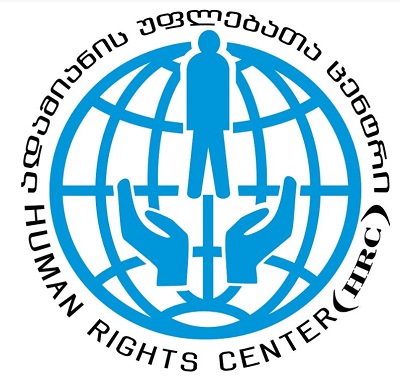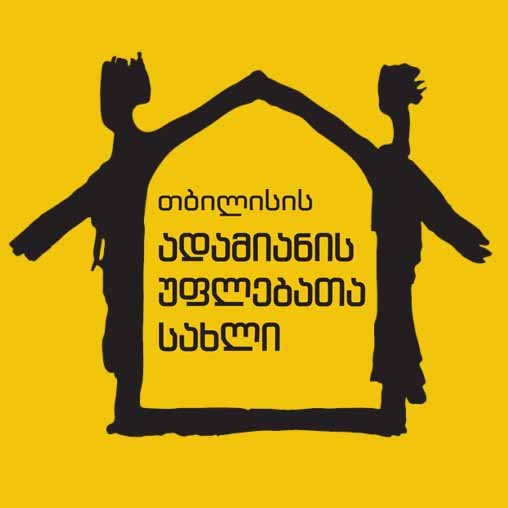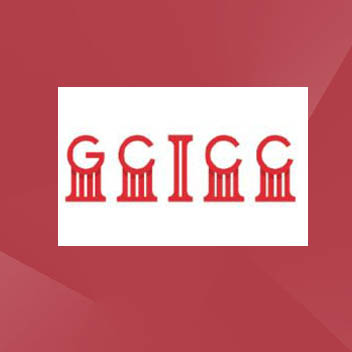Statements
Appeal of Human Rights Center to the Authorities over Disturbing Scale of the Spread of Covid-19 Pandemic Spread
02.08.2021

Font size
August 02, 2021
HRC is concerned about the rapid spread of the new coronavirus - COVID-19 pandemic in Georgia. The number of infected citizens in the country is increasing day by day like is the number of the cases with fatal consequences.
Particularly dangerous are the new variants of Covid 19 (including the Delta variant), which are characterized by a rapid spread and are particularly dangerous for children. Moreover, children represent the age group to which the vaccination does not apply. Further, usually, the elderly, people with disabilities and citizens with various chronic diseases are at a higher risk.
There are currently 4 types of vaccines available in the country: Pfizer, Astra-Zeneca, Sinopharm, and Sinovac. However, vaccination among the population is slow, which on the one hand is due to the low level of awareness fed with anti-vaxxer myths about vaccine harmfulness and negative side effects, and on the other hand due to the lack of choice, shortage of some of the vaccines and lack of information about specific vaccines.
During one of the projects of HRC, which provides support to the lonely elderly living in Shida Kartli region, it was revealed that under the pandemic, the lonely elderly are practically ignored because they have no information about the risks of the Covid 19 pandemic or vaccination process. Further, we have to take into account the amount of the vaccines in the country actually available for the lonely elderly. The elderly, due to their health condition, are one of the high-risk groups and need special attention and support from the authorities. In Shida Kartli, according to the data of July 25, the number of the vaccinated population over the age of 60 is only 4588 individuals.
Single elderly are practically unable to register for the vaccine because they do not have the appropriate technical means (computers, appropriate telephones, Internet), further no one provides assistance to them in this regard, leaving them without access to the vaccination process. Only 1 out of 283 elderly people surveyed in Shida Kartli has been vaccinated.
According to the Ministry of Health, only 495,381 people have been vaccinated in Georgia, of which 161,069 people have been vaccinated twice, and 334,312 people have been vaccinated with a single dose, which is a very low rate for fighting the pandemic. The National Center for Disease Control and Public Health estimates that at least 60 percent of the country's population needs to be vaccinated twice to reduce the spread of the pandemic. According to the recent data, only 5% of the population is fully vaccinated on the contrasting background of the prevalence of the virus positive tests reaching 6 to 8 percent per day.
The low rate of vaccination is due to the lack of choice (the state offers only 4 types of vaccines to citizens), the lack of comprehensive (as of today what information is known and confirmed) and accurate information about the vaccines and the problem of technical access to the vaccines.
After the arrival of Pfizer vaccine in the country, the portal of the Ministry of Health practically could not provide the request for reservations for several days. This shows that the country lost several months when only Chinese-made vaccines were available, as citizens do not merely deny the immunization, but rather wait for a vaccine of acceptable quality to them. If the State ensures the diversity of choices of European and American quality vaccines recognized by the World Health Organization, takes into account the attitude towards the vaccination (for example, there are vaccines that require one-time vaccination), this would speed up the vaccination process to some extent.
It is also important to disseminate information in the public in the right manner, as trust in new types of vaccines is low as they have not been tested for years and cause a fear for the future among the people. At the same time, it should be taken into account that we have a case of vaccination lethal outcome in Georgia significantly delaying the vaccination process and feeding distrust in the medical staff.
An important issue is a technical access to registration for a vaccine. The registration for the vaccine is possible through an online platform and hot-line, but access to both tools is very low in rural areas. Moreover, it is even more problematic for the elderly living alone, who, for the most part, do not even have Internet access and cannot register online without a help. It is necessary to find other alternative means ensuring the access to the vaccine for all citizens living in Georgia willing to be vaccinated.
In order to reduce the spread of the virus and to protect in the first place the high-risk groups of citizens (children, the elderly, people with chronic diseases), we call on the Georgian authorities to:
- effectively negotiate with various vaccine producing companies and in the shortest time buy European and American vaccines recognized by the World Health Organization (which are in high demand among the population) to increase the possibility of choice in the country.
- increase access to registration for the vaccines and actively involve rural doctors and primary care clinics in this process so that senior citizens can be vaccinated in case they wish so.
- lift pre-registration for the vaccine, which will help single elderly get vaccinated freely if they wish so.
- conduct accurate and comprehensive campaign regarding the vaccination process.
Human Rights Center
Statements
17.04.2024




